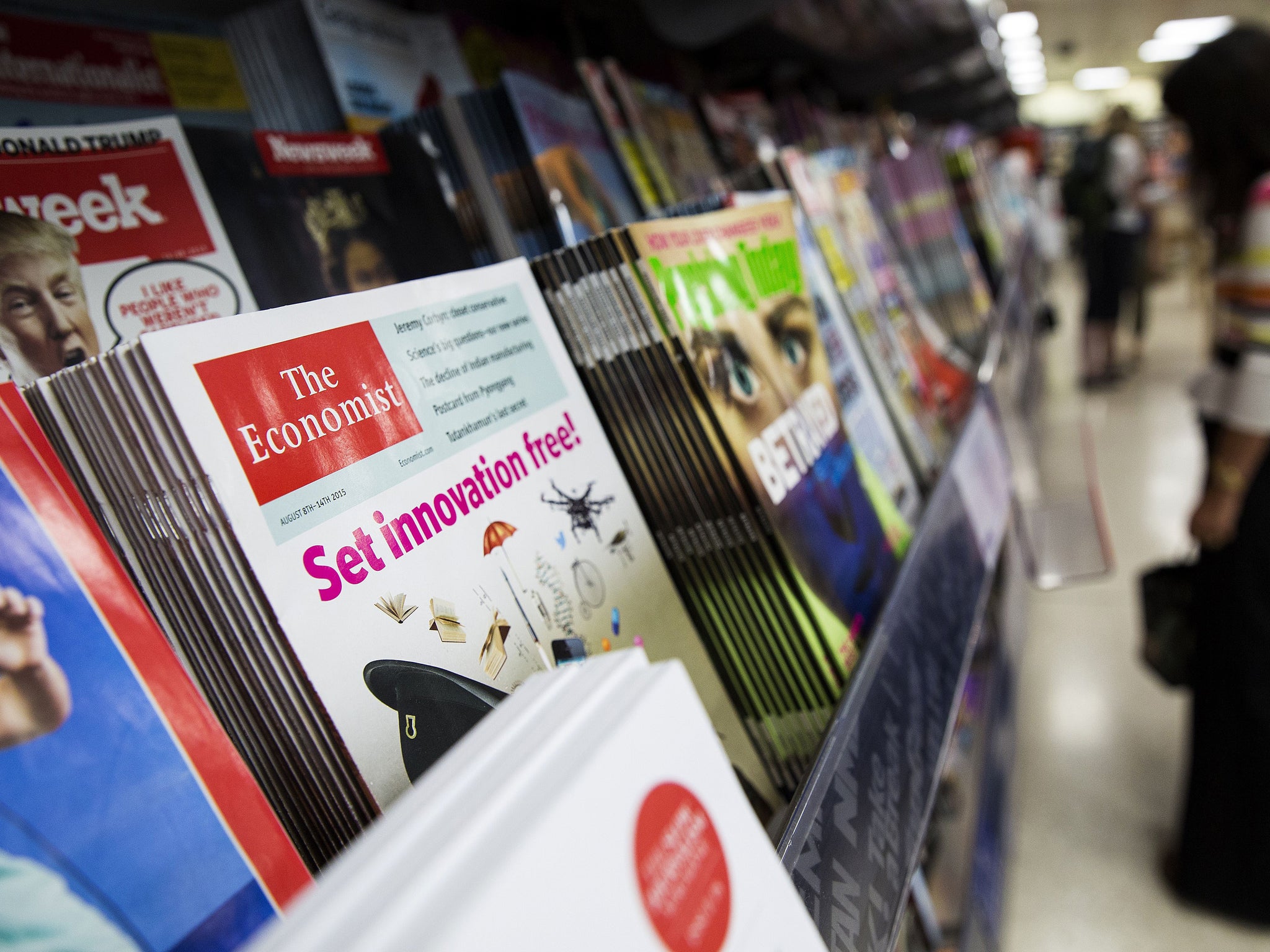Demand for better skills makes education the right investment
Education is a big and fragmented sector - global spending is estimated at £3 trillion

Your support helps us to tell the story
From reproductive rights to climate change to Big Tech, The Independent is on the ground when the story is developing. Whether it's investigating the financials of Elon Musk's pro-Trump PAC or producing our latest documentary, 'The A Word', which shines a light on the American women fighting for reproductive rights, we know how important it is to parse out the facts from the messaging.
At such a critical moment in US history, we need reporters on the ground. Your donation allows us to keep sending journalists to speak to both sides of the story.
The Independent is trusted by Americans across the entire political spectrum. And unlike many other quality news outlets, we choose not to lock Americans out of our reporting and analysis with paywalls. We believe quality journalism should be available to everyone, paid for by those who can afford it.
Your support makes all the difference.Big deals like Pearson’s sale of The Economist and the Financial Times in the last few weeks rightly invite an avalanche of expert commentary. In both cases, the Pearson board thought long and hard about our decisions – it’s not easy to part with such globally respected brands.
Ultimately, we concluded that Nikkei, one of Japan’s oldest and best respected news organisations, is the best owner to help the FT grow its global reach and reputation for world-class journalism in a digital age, and that The Economist’s growth ambitions would be similarly well-served by our fellow shareholders increasing their ownership stakes. Both deals were good ones for Pearson and our shareholders.
The sale of these world-leading media brands gives Pearson the impetus to focus on what we see as our own biggest growth opportunity – the global demand for better skills.
Education has sometimes been accused (a little unfairly in my view) of failing to capitalise on the benefits that technology has brought to other sectors such as health, travel, and communication. There are some great apps and online learning tools out there, and exciting initiatives using video to share access to learning more evenly.
But it’s clear that the classroom has yet to embrace the potential benefits that could come from connecting teachers and students all over the world to the best lectures, lessons and courses. Putting technology to work for the millions of students around the world unable to access classrooms could be hugely positive for societies both rich and poor.
Even so, we need to be wary of the idea that technology on its own is going to revolutionise the way our schools and universities work. Teachers are and always will be the most important factor in pupils’ success. And there are huge unmet demands in education that need to be addressed.
Pearson is already the world’s largest English-language teacher, reaching millions of students with software, textbooks and our own English schools. But we’re meeting only a fraction of the global demand – over a billion people will be learning English as a foreign language by 2020. In higher education, the number of students going to university around the world is expected to triple over the next 20 years, driven by the aspirations of the growing middle classes in countries such as China, India and Brazil. Every one of those students wants a degree that is more affordable, more accessible and more likely to lead to a good job.
And that is what the future of Pearson is about: the ever-growing global demand for better education – providing real skills that lead to a career, access to better teachers and learning resources, and more affordable and effective higher education.
Education is a big and fragmented sector – global spending on education is estimated at £3 trillion each year. But it’s still not clear the world is getting the best return on that spend.
So we are accelerating our investment in digital learning and in education in fast-growing economies. We’re already running university courses, English schools, and virtual high schools in the US, China, Brazil and Africa. We are now also investing in the next generation of “edupreneurs” – start-ups that can make better education significantly more accessible – like Spark Schools in South Africa, and Zaya, which is bringing digital learning to India. We’re finding others based all over Africa, Asia and Latin America, as well as in places like California’s Silicon Valley and London’s Tech City.
We’re also designing innovative technologies to reduce the barriers to learning. We’re starting to apply so-called adaptive learning, to help teachers spot early on which of their students are most at risk of failing a course and where they need extra attention.
I’ve travelled all over the world in my career, and parents everywhere say the same thing – they want to see greater investment in education so that their children can gain skills, get better jobs, and succeed in their lives. It’s the story of human progress.
This burning desire is what powers better education – and is what Pearson is now entirely focused on.
Join our commenting forum
Join thought-provoking conversations, follow other Independent readers and see their replies
Comments